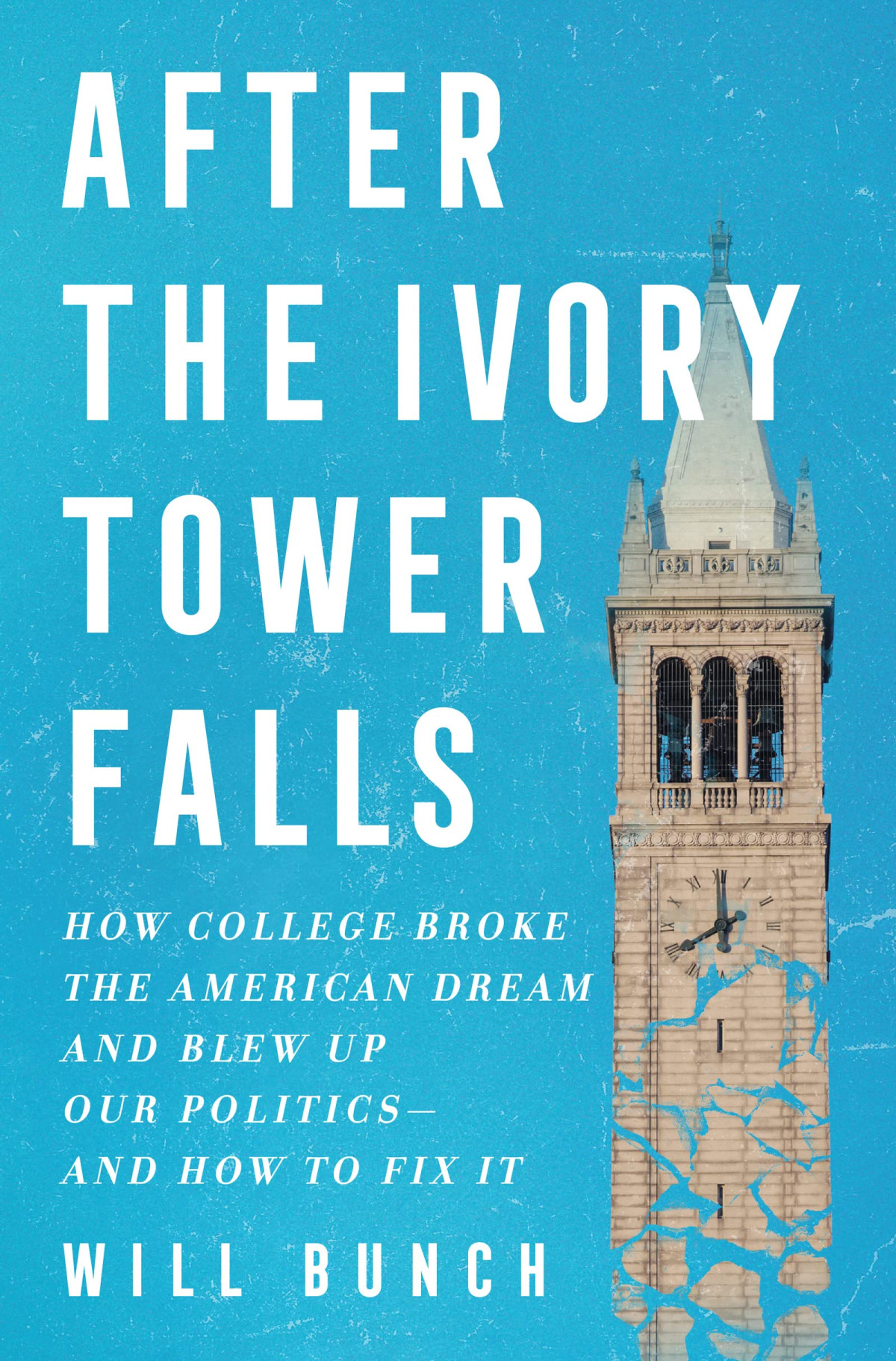

Most ebook files are in PDF format, so you can easily read them using various software such as Foxit Reader or directly on the Google Chrome browser.
Some ebook files are released by publishers in other formats such as .awz, .mobi, .epub, .fb2, etc. You may need to install specific software to read these formats on mobile/PC, such as Calibre.
Please read the tutorial at this link: https://ebookbell.com/faq
We offer FREE conversion to the popular formats you request; however, this may take some time. Therefore, right after payment, please email us, and we will try to provide the service as quickly as possible.
For some exceptional file formats or broken links (if any), please refrain from opening any disputes. Instead, email us first, and we will try to assist within a maximum of 6 hours.
EbookBell Team

4.4
42 reviewsToday there are two Americas, separate and unequal, one educated and one not. And these two tribes—the resentful “non-college” crowd & their diploma-bearing yet increasingly disillusioned adversaries—seem on the brink of a civil war. The strongest determinant of whether a voter was likely to support Donald Trump in 2016 was whether or not they attended college, & the degree of loathing they reported feeling toward the so-called “knowledge economy” of clustered, educated elites. Somewhere in the winding last half-century of the United States, the quest for a college diploma devolved from being proof of America’s commitment to learning, science, & social mobility into a kind of Hunger Games contest to the death. That quest has infuriated both sides.
After the Ivory Tower Falls embarks on a deeply reported journey to the heart of the American Dream. That journey begins in Gambier, Ohio, home to affluent, liberal Kenyon College, a tiny speck of Democratic blue amidst the vast red swath of white, post-industrial, rural midwestern America. To understand “the college question,” there is no better entry point than Gambier, where a world-class institution caters to elite students amidst a sea of economic despair.
From there, Bunch traces the history of college in the U.S., from the landmark GI Bill through the culture wars of the 60’s & 70’s, which found their start on college campuses. We see how resentment of college-educated elites morphed into a rejection of knowledge itself—and how the explosion in student loan debt fueled major social movements like Occupy Wall Street. Bunch then takes a question we need to ask all over again—what, & who, is college even for?—and pushes it into the 21st century by proposing a new model that works for all Americans.
The sum total is a stunning work of journalism that lays bare the root of our political, cultural, & economic division—& charts a path forward for America.
…